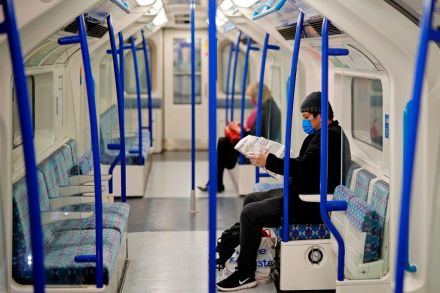How many people have Covid-19 and don’t even know it?
Just how many of us have Covid-19 and are not even aware of it? It’s a question at the heart of this crisis. Epidemiologists are deeply divided, and no-one truly knows. Yesterday came news from China that 130 of the 166 people most recently found to be infected with SARS-CoV-2 there have proved to be asymptomatic. That is to say they had no symptoms whatsoever which would have led them to suspect that they were infected. This is consistent with research from the village of Vo’Euganeo in Northern Italy where all 3,000 inhabitants were tested for the virus early in the Italian outbreak. There, between 50 and 75 per cent






















